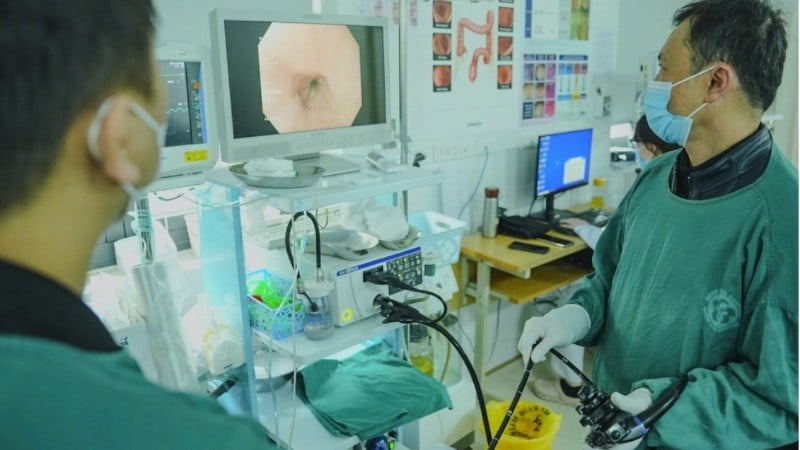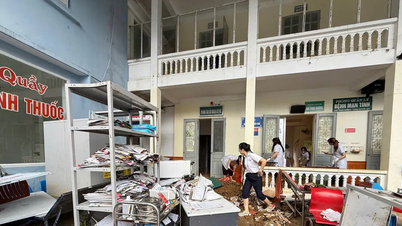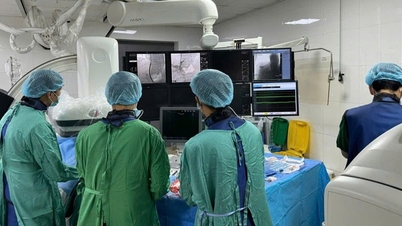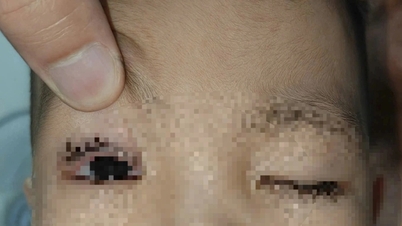
The patient was admitted to the hospital because of prolonged abdominal pain and fatigue. Through examination and endoscopy, the doctors discovered a large, ulcerated tumor in the transverse colon. Pathology results: colon adenocarcinoma.
With a unique family history, the patient was assigned a gene sequencing test to find the cause. The results determined that the patient carried a mutation in the MLH1 gene. This was key evidence confirming the diagnosis of Lynch syndrome, the most common form of hereditary colorectal cancer.
By understanding the root cause of the disease, doctors not only focus on treating the patient but also provide genetic counseling to the patient and their family.
The family was explained by the geneticist about the risk that other relatives, especially the patient's brother, might face the risk of having a genetic disease and was advised to do gene sequencing testing.
Genetic testing for family members with Lynch syndrome is extremely important to identify high-risk carriers of the mutated gene for close monitoring.
For those who carry the gene, colonoscopy should be planned every 1-2 years from age 20-25 and other screenings should be earlier and more frequent to detect polyps or cancer at an early stage. Early detection and treatment increase the cure rate and improve the quality of life.
According to Associate Professor, Dr. Pham Cam Phuong, Director of the Center for Oncology and Nuclear Medicine, Lynch syndrome is a genetic disorder that increases the risk of many types of cancer, especially colorectal cancer. The cause is a mutation in genes responsible for "repairing" DNA replication errors (such as MLH1, MSH2, MSH6, PMS2).
When this repair system fails, mutations accumulate rapidly, leading to cancer at a much younger age than normal. Carrying a mutation in the MLH1 gene means a person faces a much higher risk of developing cancer than the general population.
People with this syndrome are at increased risk of developing several types of cancer at a young age, including:
- Colorectal cancer: Risk increased from 1.9% to 52-82% (27-43 times).
- Endometrial cancer (women): Risk from 1.6% to 25-60% (15-37 times higher).
- Stomach cancer: Risk increased from 0.3% to 6-13% (20-43 times).
- Ovarian cancer (women): Risk from 0.7% to 4-12% (5-17 times higher).
Source: https://nhandan.vn/phat-hien-chuoi-ung-thu-di-truyen-trong-cung-mot-gia-dinh-do-mac-hoi-chung-lynch-post906484.html































































































Comment (0)